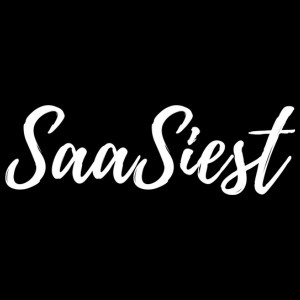There is a good reason why the HR function has a seat at the management and board table! Or at least should! But what does it take from HR to attract, develop and retain your biggest asset – your people? Learn from our panel of HR specialists how a well-developed HR function is a crucial success factor in your growth journey.
Moderator:
Nanette Brink, CEO Sweden HR group.
Panel:
Elin Filipp Chief People Officer Talentech Group
Sabina Klint Chief People Officer, Funnel
Anna Oom Lindroos Chief People Officer, Puzzel
Nanette: Building a platform for growth – what does that look like from an HR and People perspective?
Elin: It’s easy to diminish HR to something that’s “nice to have”. But the right commercially focused will be a partner in growth. And it’s not only about recruitment; it’s about how you build the organization, who you promote, how you train them, and so on. It’s about efficient onboarding, internal processes, your culture, and getting these things right early on.
Anna: We need to find the talent, but we also need to retain them. HR is a lot about being a partner and empowering the managers, helping them achieve – together with their teams – what they have set out to achieve. This allows everyone to focus on what they’re there to do, and what they excel at.
Nanette: At what number of employees is it time to bring HR competence into a SaaS business?
Sabina: I would say it’s more about the phase of the company than the actual number. As soon as you’re planning to build something bigger, something that you will scale, you need to build for that from the beginning. Putting some ground rules in place early will also help you retain people.
Nanette: What happens if you wait too long?
Sabina: The problem then is that you need to rewind and start things over while also maintaining daily operations and putting out fires at the same time.
Anna: There is also a difference between organic growth and growing through, for example, acquisitions. That brings its own set of challenges.
Nanette: On that note, let’s talk about some of the mistakes and insights from your journeys!
Elin: Internal communication is something I think you can never really do enough of, especially in the context of acquisitions. Naturally, people get worried about their jobs, so it’s crucial to communicate clearly to keep everybody calm. There are a lot of changes that people havenät signed up for, so try to over-communicate.
Anna: When growing internationally, it’s also important to recognize that cultures differ between countries. If you ignore this, there will be a lot of miscommunication and inefficiencies. One way to address this is with inter-cultural training that we’re implementing now.
Sabina: one of my learnings is that you often start with practical HR admin, and then your get stuck in that and don’t find time to plan for the longer term. So my advice is to invest in HR and do it properly from the beginning.
Nanette: What about culture? Everybody wants a great company culture – is that HR’s responsibility?
Sabina: No! At Funnel, culture is everybody’s responsibility, which is also why my title is not “People & Culture.” And when we talk about culture, leadership is key. We need to recruit the right people to foster the type of culture we want to have.
Anna: Culture is an outcome. Each decision made by leaders and colleagues manifest what type of culture you have. It’s not what you say you have; it’s the actions and behaviors matter.
Elin: Yes, culture is everything you do. It includes everything from management and HR to who you recruit.
Key take-aways
- Don’t wait – invest in HR early on
- Remember that talent retention is just as important as talent acquisition
- There’s no such thing as too much internal communication
- Different countries have different cultures – don’t ignore this when expanding internationally
- Company culture is not an HR matter – it’s everybody’s responsibility




